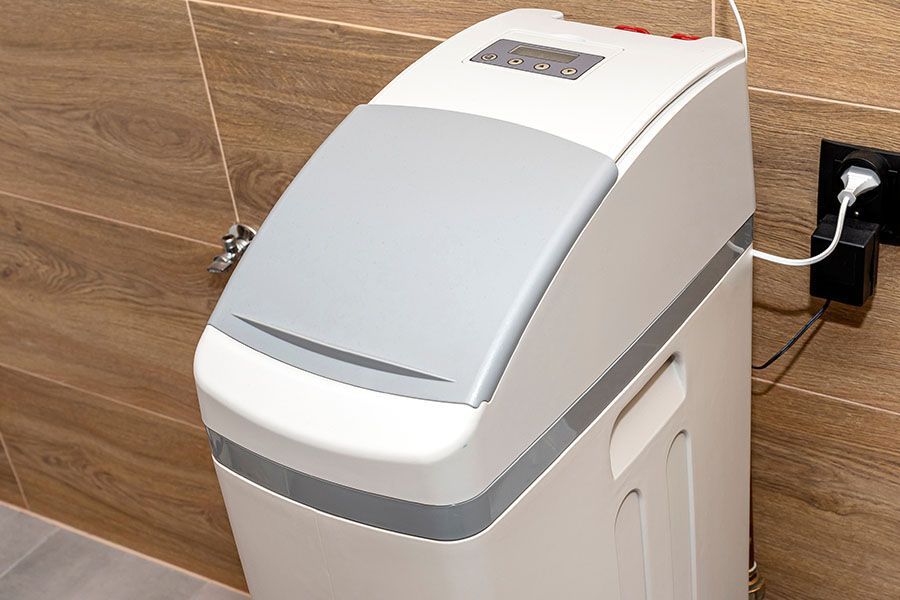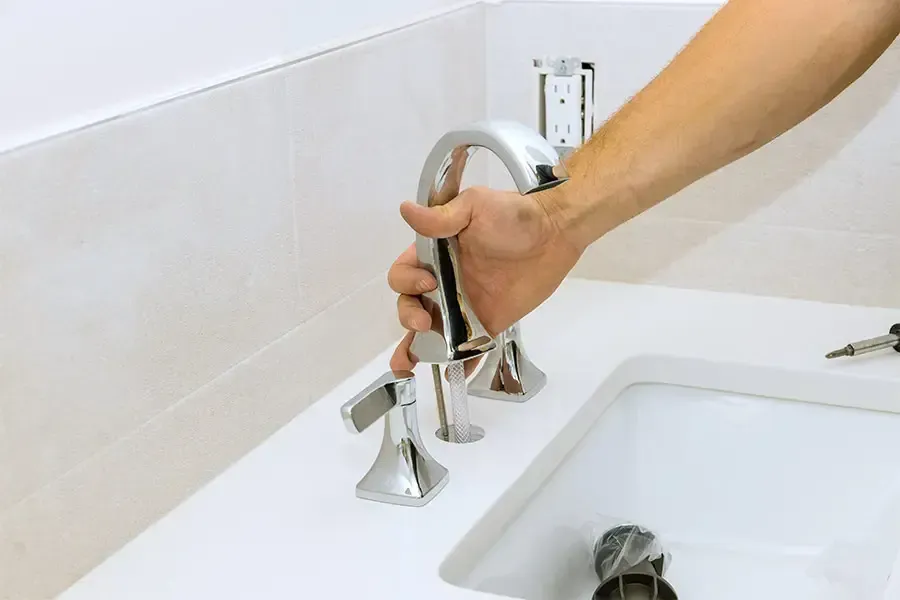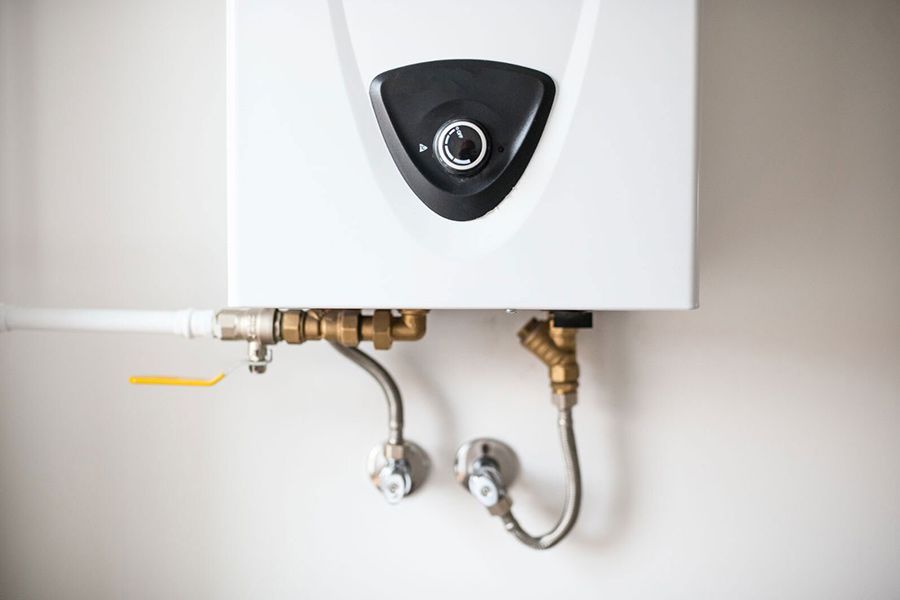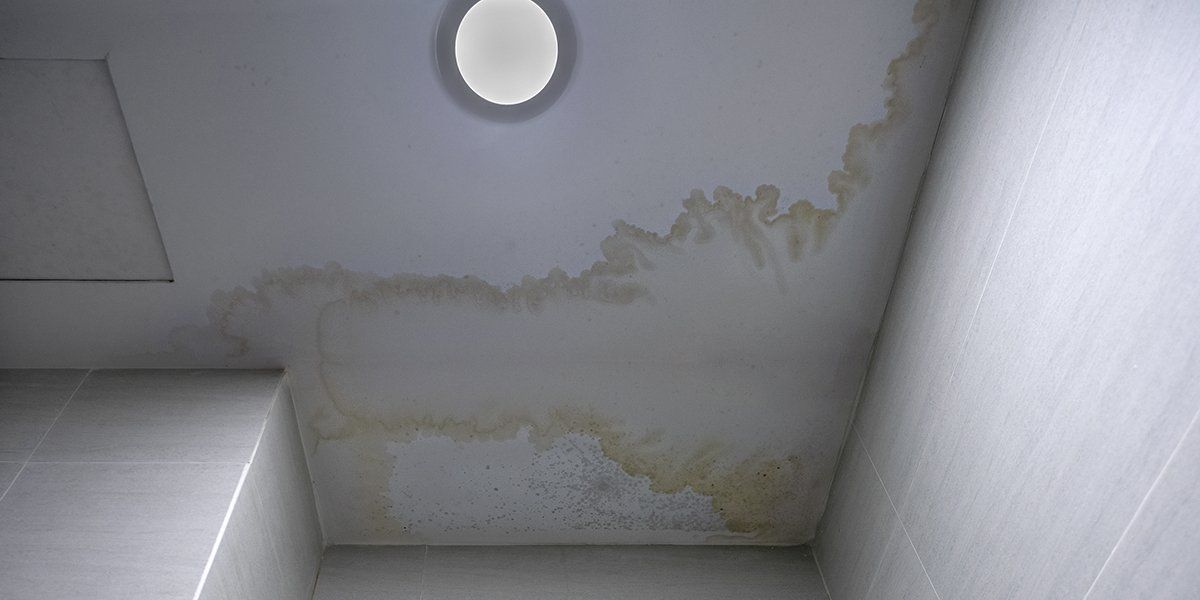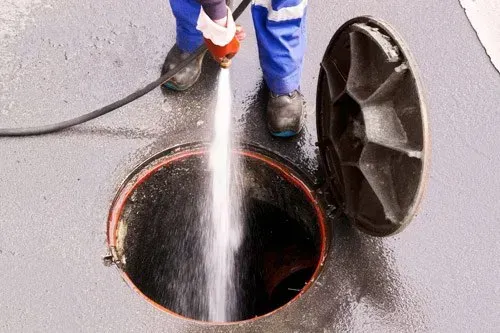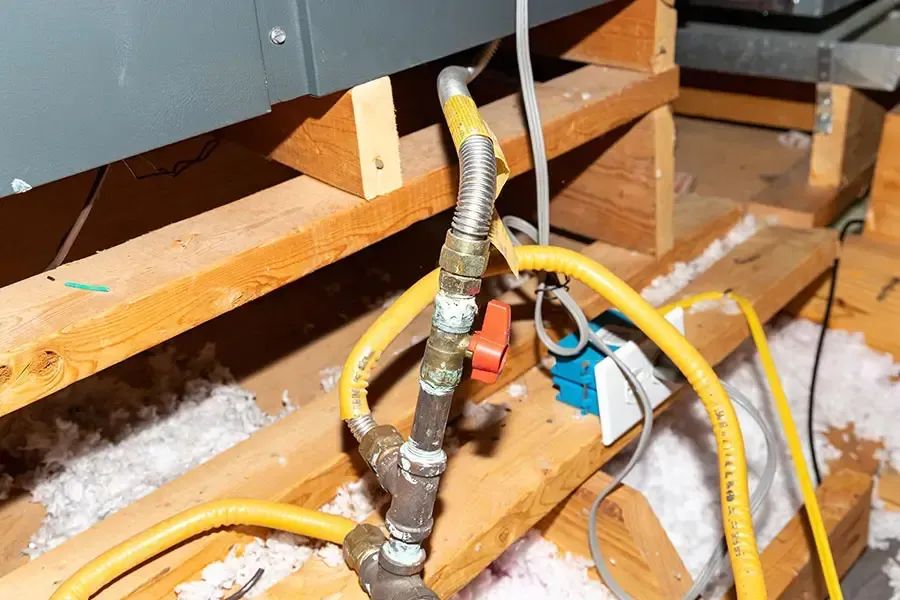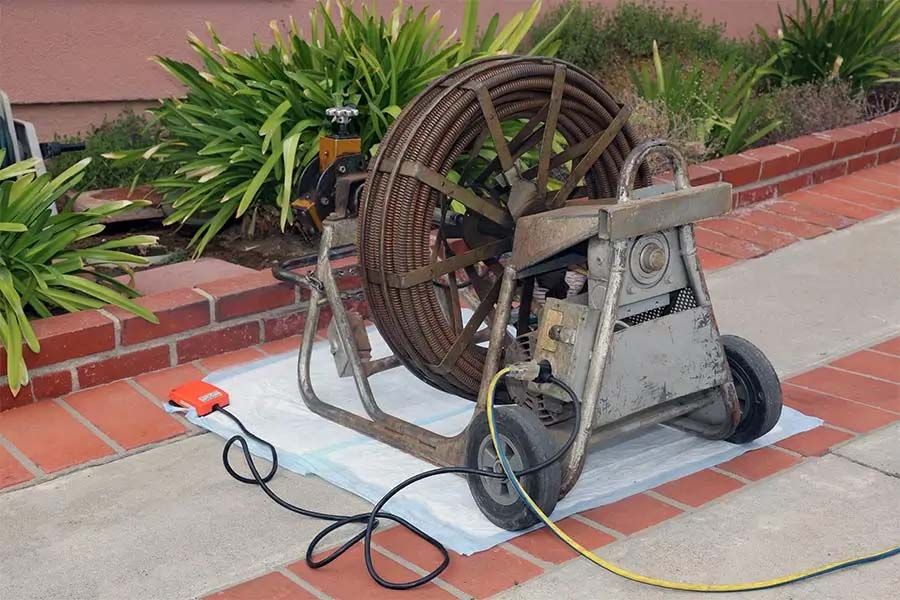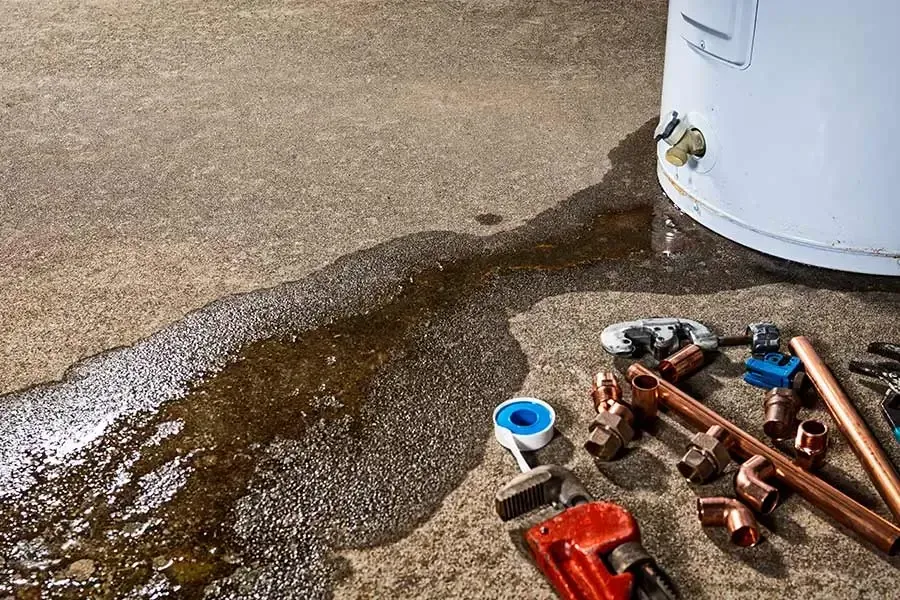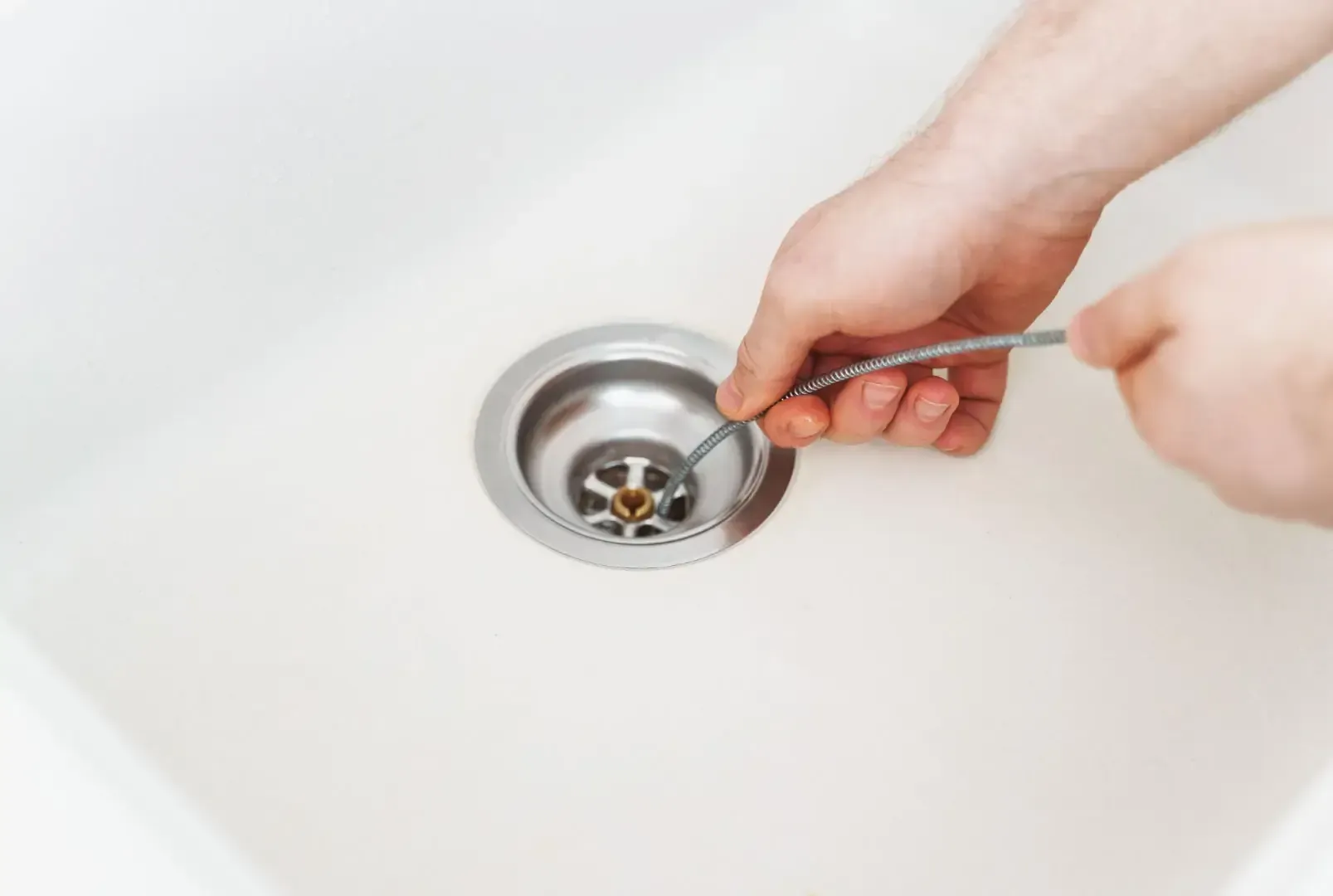Which Plumbing Device Prevents Backflow in Willoughby, OH?
Do you need help with installing a backflow prevention device for your home? Call Formica Plumbing and Sewer Co. at 440-485-3850 to schedule a consultation.
You’ve probably heard about backflow prevention and why it’s crucial for your property. Maybe you’ve gotten firsthand experience of the impact of inadequate backflow prevention. You’ll want to know which plumbing device prevents backflow.
As the top-rated plumber in Willoughby, Ohio, you can trust us here at Formica Plumbing to have the answers you seek.
What Is Backflow? Why Is It Dangerous?
Backflow is a plumbing term that describes unwanted water flow in the reverse direction, causing wastewater to contaminate clean water. Backflow is dangerous because it exposes you and your family to significant health risks.
Imagine wastewater from your bathroom entering your drinking water supply. This could lead to bacteria such as E. coli and salmonella mixing with your drinking water. The fallout of such contamination can cause a major health incident in the community, not just your home.
Thus, many municipal authorities have made it mandatory for homeowners to install a plumbing device that prevents backflow to protect water quality.
Which Plumbing Device Prevents Backflow?
The plumbing devices that prevent backflow are known as backflow preventers. These devices have one job: keep wastewater flowing in one direction and protect your fresh water. The most common types of backflow preventers include the following:
Air Gap Devices
You’re likely to find air gap devices around sinks. Plumbers install them to keep dirty water and debris from your sink from entering your drinking water or dishwasher. They maintain a permanent separation between the hose that carries away the dirty water and the one that runs to the drain.
These backflow preventers feature a gap of air inside. If the device loses calibration, the air gap may disappear, causing backflow.
Many homes in Willoughby, OH, use dual inlet air gap devices for plumbing backflow prevention. These units allow the connection of two dishwashers to one drain line.
You can also use them if you want to drain your water filtration system and the dishwasher at the same time. Thus, dual inlet air gap devices are excellent for people who have under-sink reverse osmosis systems and want to avoid contaminating other water-using appliances.
Air gap backflow preventers are the cheapest of the lot as the backflow prevention mechanisms are the least complicated. You can find them in different materials and finishes.
Vacuum Breakers
Atmospheric vacuum breakers (AVB) systems are the backflow preventers you’ll find in hose, faucet, and spigot applications.
They contain a check valve that activates an air vent when a connection loses pressure. With the air vent open, the system will shut off the water supply line. This is how the system prevents back siphonage—a major cause of water from the sewer line getting pulled back into the clean water line.
If you want to use atmospheric vacuum breakers for backflow prevention in plumbing systems, ensure your installer mounts them at least six inches above ground.
Check Valves
Check backflow preventer valve that keep water flowing in just one direction only. They open and shut by monitoring the pressure across the two sides of the valve. If the system notices higher pressure on the incoming side, the valve will open, allowing the water to flow through normally.
However, if the pressure is higher on the output side, the valve will shut down, eliminating the risk of contaminated water getting pulled into your clean water line.
Check valves are highly versatile devices for preventing plumbing backflow. You can install them at the main supply line or under specific water outlets. You can find options for vertical or horizontal installations. Some units can also work in both configurations.
Do I Really Need to Install a Backflow Preventer?
You need backflow prevention devices if you get your water from a well or if you have installed an irrigation system for your landscape. Generally, you need one of these devices anywhere potable and non-potable water lines connect.
It’s a legal requirement in the local plumbing code here in Willoughby, OH, and other parts of the country.
Without a backflow preventer, you are at risk of getting contaminated cleaning, cooking, and drinking water.
Common Signs You Need to Install a Backflow Preventer
If you live in an older home, you might have backflow issues occasionally. Some of the common signs of backflow problems include:
- Slow drainage. Do you have to wait a long time for your tub or sink to fully drain? You probably have a clog somewhere, but it might also be a clear sign of backflow problems.
- Low water pressure. Sharp dips in water pressure always warrant a thorough investigation. Backflow issues are one of the common causes.
- Discolored water. If your water goes from clean and clear to cloudy and colored, that’s often a sign of backflow contamination. Such contamination can give your water a brown or yellow tinge. You’ll also notice sediments at the bottom of any container in which you collect water.
- Strange water taste. Has your water suddenly developed a foul or off-putting taste? You could be consuming contaminated water due to back pressure or back siphonage. You need to call in a plumber to analyze your water connection immediately for your own safety.
- Smelly water. If your water is suddenly smelly, it could be because of sewage gas buildup in the pipes. If you think something is off, call a plumber right away.
Call Formica Plumbing and Sewer Co. to Protect Your Water Today
Do you need help installing a backflow preventer in your home? Which plumbing device helps prevent a backflow besides the options we’ve seen above? Reach out to Formica Plumbing and Sewer Co. today.
Our highly experienced crew can help you figure out the right type of backflow prevents you need and also help you install them.
Avoid putting your family’s health at risk. Call the Formica Plumbing and Sewer Co. team in Willoughby, OH, today at 440-485-3850 to schedule a consultation or to learn more about the causes of air in water pipes.
